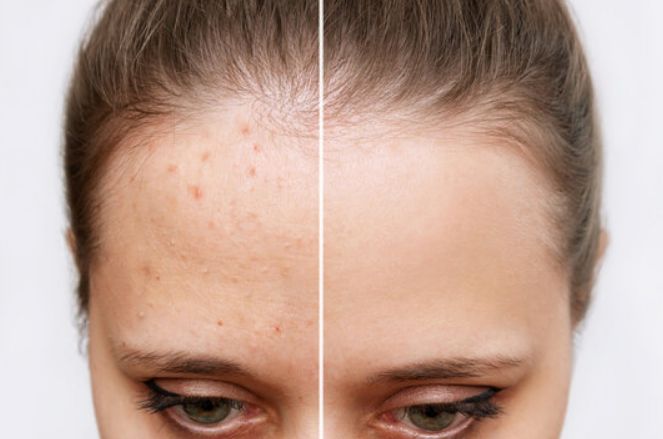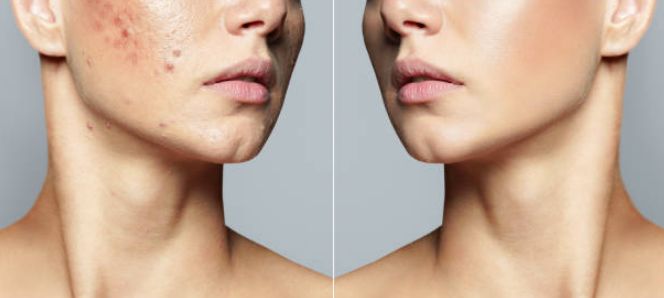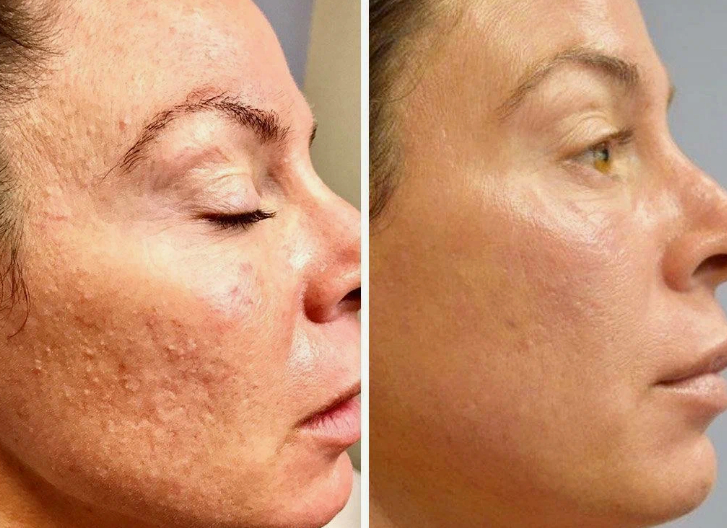

When people have skin allergies, they will face discomfort together with itching sensations and skin irritation. Numerous individuals have reactions to substances even though they do not know what triggers them. Patch testing is a reliable way to identify allergens and create a personalized skin allergy treatment plan. Vogue Clinic provides professional allergy testing and treatment services to give patients skin that remains healthy and without irritations.
A skin allergy occurs when the immune system overreacts to a substance, triggering symptoms such as redness, itching, swelling, or rashes. Among the numerous potential allergens are metals, scents, cosmetics, detergents, and latex. The reactions may lead to mild symptoms or generate substantial discomfort among patients. The initial step to successful management requires proper trigger identification.
Patch testing is a diagnostic tool that our experienced dermatologists use to detect skin allergy triggers, especially in cases of contact dermatitis. Delayed allergic responses form the target of patch testing since it does not measure results like blood or prick tests. A minimal quantity of suspected allergens is placed on the skin through adhesive patch application. The dermatologist evaluates skin reactions that occur during 48 hours to identify which irritants triggered the allergic response in the patient.



The patch testing procedure at Vogue Clinic includes the following activities:
-During the consultation stage, dermatologists will discuss both symptoms and potential substance causes of allergies.
-Medical professionals apply adhesive patches containing small allergen amounts onto the patient's back skin.
-The testing period for the adhesive patches lasts 48 hours to enable proper skin reaction.
-The dermatologist inspects the patient's skin quality for swelling and redness during evaluation.
-A final assessment includes delayed reactions that might become apparent after waiting 4 to 7 days so patients need to return for additional checks.
-Patch testing is a safe, non-invasive method that helps in developing a targeted skin allergy treatment plan.
A skin allergy can cause itching, redness, swelling, dry patches, or blisters. Skin reactions appear either quickly after exposure or form gradually after contact.
The procedure of patch testing involves placing tiny allergens on the skin with adhesive patches that stay on the back for two complete days. The doctor checks the skin area to observe any response after the test period. (For the full procedure, you may be subject to the Patch Testing Procedure above.
No, patch testing is painless. Irritation of the skin sometimes occurs as a reaction to substances although no needles or injections will be used.
An evaluation takes place upon completion of 48 hours yet delayed reactions might become visible between 4 and 7 days, thus necessitating another medical visit.
There is no permanent cure for skin allergies, but identifying and avoiding triggers, combined with the right skin allergy cure process at our clinic, can effectively manage symptoms.
Patch testing is very safe. The test locations on your skin can cause brief and momentary allergies such as redness and skin reactions.
Skin allergy treatment options include avoiding triggers, using topical creams, taking antihistamines, and following a proper skincare routine to prevent flare-ups.